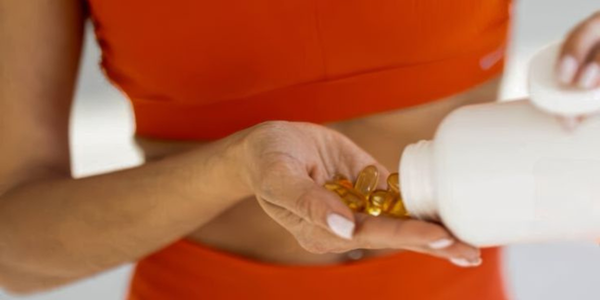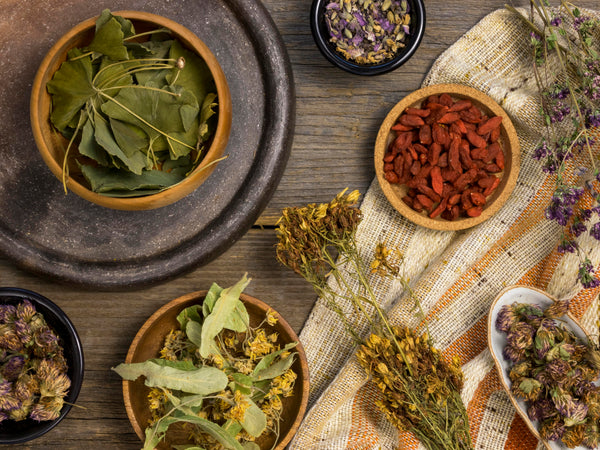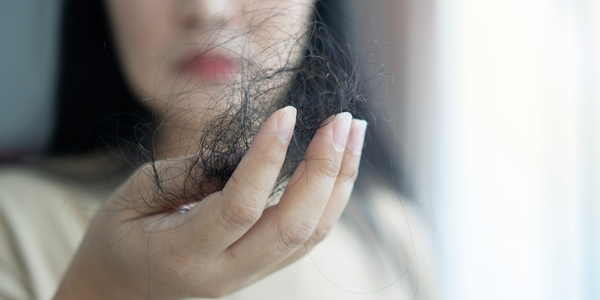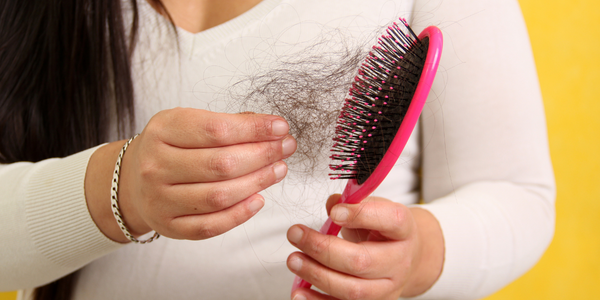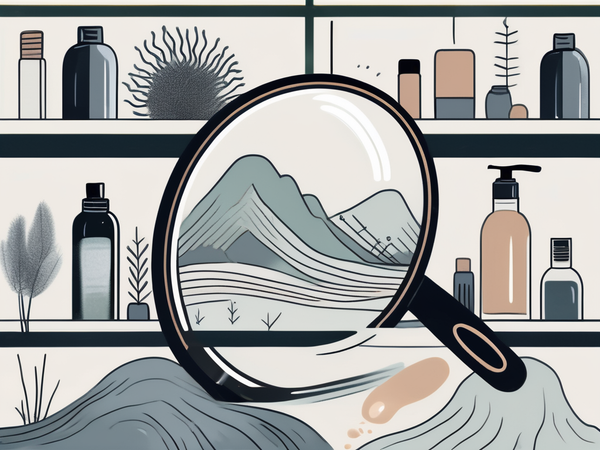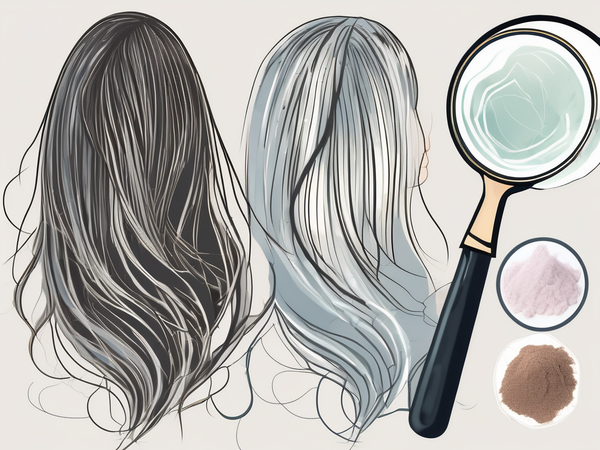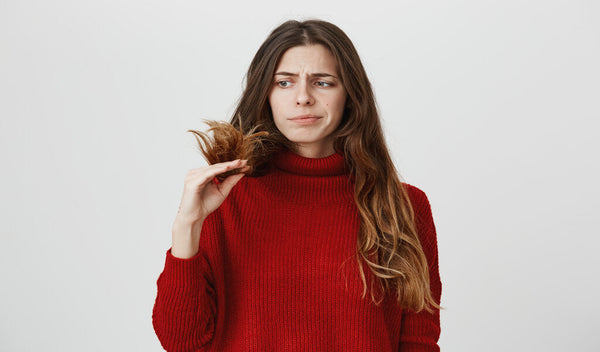The drop in temperature gives you a much-needed break from the hot sun, but the winter season also brings several problems. And one such problem is dull and dry hair which eventually leads to hair loss. If you’ve been anxiously searching for hair loss control methods, don’t worry, you’re not the only one. Winter weather is harsh for your hair and can affect and weaken almost all hair types and textures. That is why your hair demands extra care and love this season.
So, for hairfall control and to make your hair appear lustrous and shiny even when the temperature drops, here are a few ways to breathe life into your dull and dry hair. But before heading to the solutions, let us first begin with what affects the health of your hair in winter. Scroll on down to find out how you can care for your tresses the right way this winter season.
Why Does Hair Become Lifeless During Winters?
The prime cause of dry and lifeless hair is not the low temperature in winter. It's the dry air. The air in winter, be it inside or outside, is moistureless, dry, and very low in humidity. This air sucks out the moisture from your hair, leaving the strands lifeless, parched, and open to damage.
To combat the dryness and for hairfall control, you can switch to hydrating shampoos and conditioners. But that’s not all, there are plenty of other ways to look after your locks. Keep on reading to find out what they are!
Ways To Breathe Life into Dull and Dry Hair This Winter
1. No Hot Water
A hot water bath might sound comforting during winter but no matter how tempting it is, you need to try to avoid it — at least for your hair washes. Hot water can steal away the moisture from your hair, making them brittle & vulnerable to breakage. In addition, you might also experience flakiness, itchiness, and dandruff if you continuously wash your hair with hot water.
Therefore, befriend lukewarm water because that is what's best for your hair's health. Always wash your hair with warm or lukewarm water and rinse with cold water at the end.
2. Avoid Frequent Washes
Shampoo less or avoid overwashing your hair in winter. Your hair is already dry due to the dry air, and washing them often will strip the natural oils that protect your hair and keep them moisturized. If you are looking for hairfall control remedies, this may also help.
3. Weekly Hair Masking
Whether you opt for a homemade curd and honey mask or choose a professional deep conditioning hair mask, indulging in a protein-rich and highly hydrating hair mask will give your hair and scalp a boost of hydration and nutrients.
It helps smoothen frizz and adds a bit of shine to your locks. Apart from deep conditioning, or using heavy masks, you can also opt for hot oil treatments. Coconut oil and avocado oil are your best pick for hydration. These oils will revive your dull hair, bring in luster and keep breakage at bay.
4. Use Heat Only When Needed
Hair in winter is delicate and prone to breakage. Styling them with heating tools will only make them more brittle, causing more hair fall and hair weakening.
Let your hair air dry instead of using heat styling tools to avoid any moisture loss. Also, try to stay away from hair straighteners and curlers if you’re looking for great hairfall control methods.
5. Follow a Healthy Diet
When taking care of your hair during winter, you need to nourish your body and hair from within.
Most people, especially Indians, lack Vitamin D in their diet and body. This can be due to a lack of sun exposure, smog, or air pollution. According to research, Vitamin D deficiency in the body can cause hair loss as this vitamin plays an important role in stimulating new and old hair follicles. If you are unable to get ample sunlight for Vitamin D, try adding Vitamin D-rich foods like mushrooms, fortified soy milk, cereals, salmon, etc.
Other food types you can add to your diet for healthy hair during winter are: -
1. Protein-Rich Food –
Eating enough protein is crucial for hair growth as your hair is mostly made up of protein. Protein consumption will strengthen your hair. Oats, soy milk, peas, quinoa, eggs, dairy products, etc., are some of the best protein sources for hair health.
2. Iron-Rich Food –
Iron is the most important mineral for hair as it can make or break the health of your hair. Low levels of iron can cause anemia that affects nutrient absorption that further disrupts the nutrient supply to the hair follicles leading to hair shedding. So, try maintaining adequate levels of iron in your diet regularly. Broccoli, salad greens, fish, etc., are some common iron-rich foods.
3. Vitamin C Rich Food –
Vitamin C helps in better absorption of iron in the body. Vitamin C supports collagen production, which is great for your hair health and quality. Potatoes, black currant, kiwi fruit, oranges, etc., are some Vitamin C-rich fruits.
B vitamins, Vitamin D, Vitamin C, Vitamin A, and Vitamin E. are the best vitamins for hair growth. So, try adding these foods to your diet during winter.
4. Supplements –
Apart from including foods in your diet, you can also opt for supplements and multivitamins for healthy hair. Ingredients like Keranat ™ increase the thickness of the collagen layer around the hair bulb, making the root stronger and decreasing hair fall in the process. Consuming the best vitamins for hair growth can also improve hair thickness, shine, and overall strength, especially in a dry season like winter.
Hair supplements generally consist of vitamins and minerals that work in favor of your hair. Sometimes even a nutrient-rich diet is not enough to bridge the nutritional gap. Look for supplements consisting of natural Biotin for hair to improve the body’s keratin infrastructure, along with other ingredients like Sesbania agati, Vitamin C, Iron, and Zinc to stimulate hair growth and leave you with a healthy scalp.
Wrapping Up
A little care goes a long way in revitalizing, strengthening, and replenishing your hair. By following these tips and with a bit of effort, you will be able to take complete care of your hair this winter and protect them from dry air and harsh weather.
References
Lee Y, Kim YD, Hyun HJ, Pi LQ, Jin X, Lee WS. Hair shaft damage from heat and drying time of hair dryer. Ann Dermatol. 2011 Nov;23(4):455-62. doi: 10.5021/ad.2011.23.4.455. Epub 2011 Nov 3. PMID: 22148012; PMCID: PMC3229938. https://www.ncbi.nlm.nih.gov/pmc/articles/PMC3229938/
Wikramanayake TC, Alvarez-Connelly E, Simon J, Mauro LM, Guzman J, Elgart G, Schachner LA, Chen J, Plano LR, Jimenez JJ. Heat treatment increases the incidence of alopecia areata in the C3H/HeJ mouse model. Cell Stress Chaperones. 2010 Nov;15(6):985-91. doi: 10.1007/s12192-010-0209-7. Epub 2010 Jun 27. PMID: 20582641; PMCID: PMC3024057. https://www.ncbi.nlm.nih.gov/pmc/articles/PMC3024057/
Yang FC, Zhang Y, Rheinstädter MC. The structure of people's hair. PeerJ. 2014 Oct 14;2:e619. doi: 10.7717/peerj.619. PMID: 25332846; PMCID: PMC4201279. https://www.ncbi.nlm.nih.gov/pmc/articles/PMC4201279/
Trost LB, Bergfeld WF, Calogeras E. The diagnosis and treatment of iron deficiency and its potential relationship to hair loss. J Am Acad Dermatol. 2006 May;54(5):824-44. doi: 10.1016/j.jaad.2005.11.1104. PMID: 16635664. https://pubmed.ncbi.nlm.nih.gov/16635664/
Carr AC, Vissers MC. Synthetic or food-derived vitamin C--are they equally bioavailable? Nutrients. 2013 Oct 28;5(11):4284-304. doi: 10.3390/nu5114284. PMID: 24169506; PMCID: PMC3847730. https://www.ncbi.nlm.nih.gov/pmc/articles/PMC3847730/
Park H, Kim CW, Kim SS, Park CW. The therapeutic effect and the changed serum zinc level after zinc supplementation in alopecia areata patients who had a low serum zinc level. Ann Dermatol. 2009 May;21(2):142-6. doi: 10.5021/ad.2009.21.2.142. Epub 2009 May 31. PMID: 20523772; PMCID: PMC2861201. https://www.ncbi.nlm.nih.gov/pmc/articles/PMC2861201/














